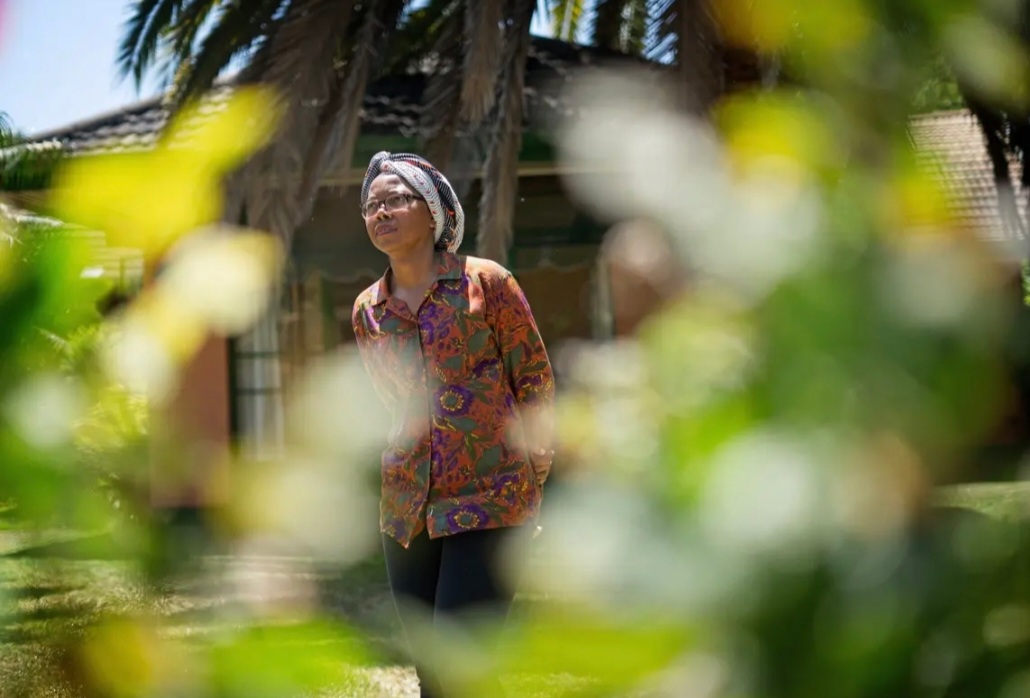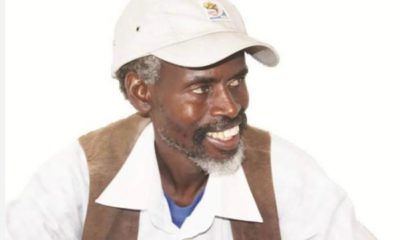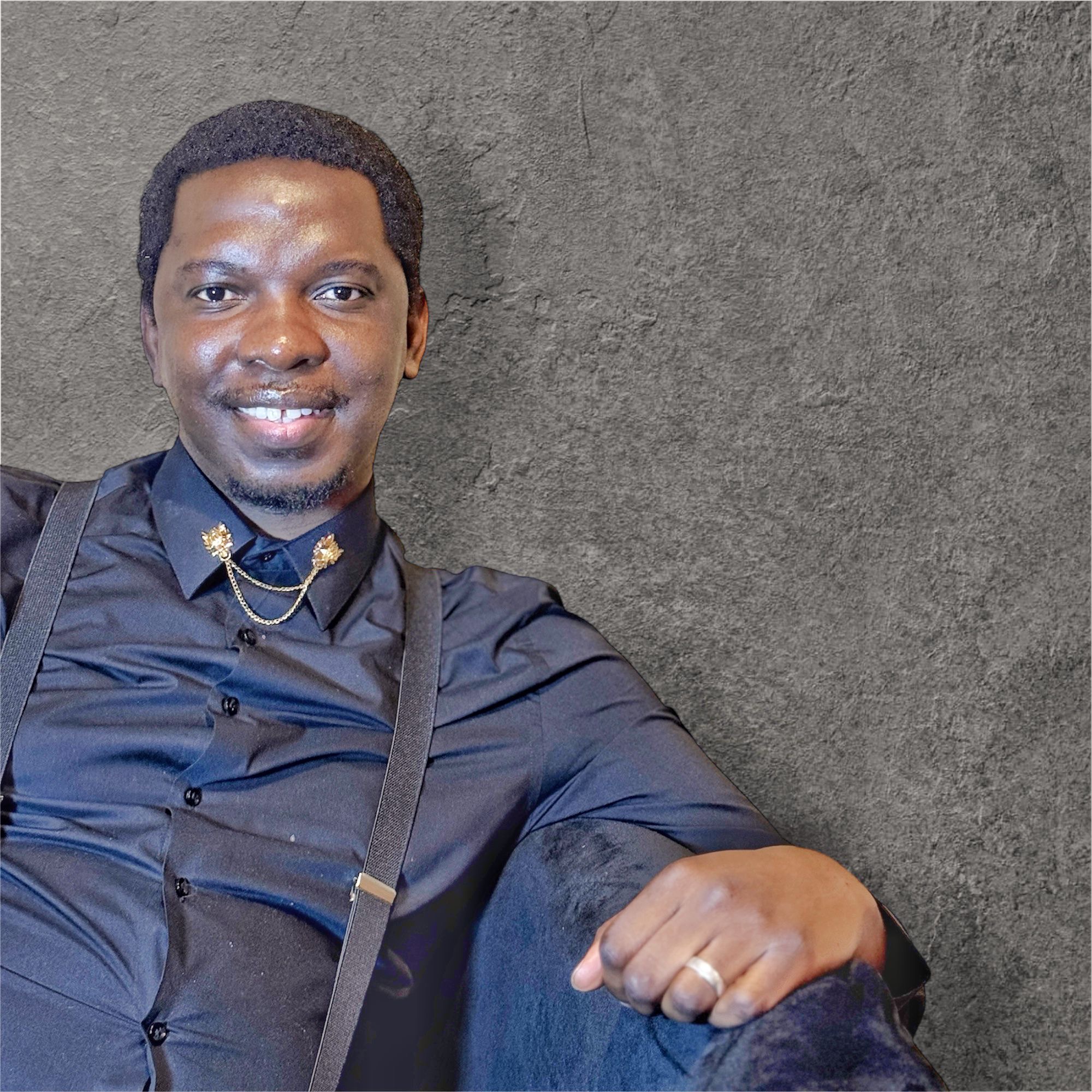BY ABDI LATIF DAHIR
Like many of her compatriots, NoViolet Bulawayo once thought Robert Mugabe would rule Zimbabwe forever.
A national liberator turned autocrat, Mugabe presided over the southern African nation for almost four decades, infamously declaring that “only God, who appointed me, will remove me” from office.
So when in November 2017, he was forced by the military to resign, Bulawayo knew she had to write about this transformative moment in her nation’s history.
And so was born “Glory,” her second novel, which centres on the rapid fall of a longtime ruler, and will be published on Tuesday by Viking, an imprint of Penguin Random House.
“Writing it felt like responding to a call of duty,” Bulawayo, 40, said in a video interview last month.
“I felt like I needed to be part of the collective struggle that was going on. So the book is my participation; that’s my way of showing up.”
“Glory” is being published eight years after Bulawayo’s debut novel, “We Need New Names,” was released to critical acclaim, making her the first Black woman from Africa to be shortlisted for the Booker Prize.
Bulawayo originally set out to write a work of nonfiction about Zimbabwe after the coup, but given the barrage of books, essays and opinion pieces dissecting the post-Mugabe era, she worried that she might not have anything new to say.
So she pivoted to fiction, placing “Glory” in the mythical nation of Jidada, which is suffering under the yoke of a brutal dictator and the whims of his corrupt party.
But instead of people, Bulawayo’s novel is animated by a cast of animal characters — horses, dogs, donkeys, goats, chicken, a crocodile — with revealing names like Comrade Nevermiss, General Judas Goodness Reza and Dr. Sweet Mother.
Bulawayo said her decision to use animal voices was “my way of laying ownership to a very public story, a very public drama, and wanting to kind of tell it on my own terms.”
It was inspired, she said, by Zimbabweans on social media assigning animal avatars to some of their leaders — a reference to George Orwell’s “Animal Farm,” a fable about a group of animals revolting against their human owner to establish a more equitable society.
Bulawayo’s decision was also an act of homage to her late grandmother, who entertained her and her siblings every night with stories and folk tales populated by animals.
“When people talk about literary influences, they expect you to just talk about books,” she said. “But for me, even before I started reading, I was listening to stories.”
Laura Tisdel, who coedited both of Bulawayo’s novels, said the cast of animal characters has changed how she sees politics.
“It’s impossible now to turn on MSNBC or watch a press conference or speech and not see the primal responses, the jockeying for alpha position, the sort of theatrics that remind me of the animal world,” she wrote in an email.
Born Elizabeth Zandile Tshele in the Tsholotsho district, in southwest Zimbabwe, Bulawayo left her home country when she was 18 to pursue degrees in the United States, including an M.F.A. in creative writing at Cornell University.
She began writing using the pen name NoViolet Bulawayo as a student.
In her Ndebele language, “no” means “with,” and Violet was the name of her mother, who died when she was 18 months old.
Bulawayo is her hometown, and Zimbabwe’s second largest city.
In 2017, when Mugabe was deposed, Bulawayo was teaching creative writing at Stanford University, but decided to return home weeks later.
There, she caught the heady post-Mugabe days, when many Zimbabweans hoped the soaring inflation, unemployment, food shortages and human rights violations that defined his rule would finally come to an end.
“People were excited. People were happy,” Bulawayo recalled. “People thought we had turned the corner.”
But the euphoric highs soon dissipated, as Zimbabweans, including herself, continued to line up for everything: fuel, groceries, cash.
The government of President Emmerson Mnangagwa — a former vice president to Mugabe— has continued to crack down on the opposition and civil society.
The novelist Tsitsi Dangarembga was arrested during an anti-government protest in 2020, and Jeffrey Moyo, a journalist with The New York Times, was prosecuted for spurious charges.
Last month, Zimbabwe’s vice president, Constantino Chiwenga, said the ruling party will crush the main opposition party “like lice.”
“Glory” follows Destiny, a goat who returns to Jidada to face the country she vowed to leave behind and the mother who plunged into “a deep, dense dark” place when she disappeared.
Through her, Bulawayo explores the trauma of displacement, the central role women play in holding societies together and the failure of independent states to attain minimum levels of prosperity for their people.
The book also explores the legacy of the Gukurahundi, Zimbabwe’s name for the massacre of thousands of members of the Ndebele minority by Mugabe’s military between 1983 and 1987.
Bulawayo said she deliberately chooses to write about people on the margins, who are likely to be overlooked.
“If there’s any measure of wealth in our democracy or the progress of our societies, it is through the status of the poor, of the people who are really at the bottom,” she said.
“I have a sensitivity to that.”
But those decisions haven’t always been received with enthusiasm, particularly among academics and artists who have long criticized some Western depictions of Africa as a place of death, disease and dictators.
Bhakti Shringarpure, a co-founder of Radical Books Collective and an associate professor of English and gender studies at the University of Connecticut, said that when “We Need New Names” was published, “it led to some of the most divisive and difficult debates about how the African continent and African problems should be represented.”
That novel revolved around Darling, a 10-year-old living in a shantytown called Paradise whose adventures reveal the crushing poverty and injustice pervasive in urban peripheries.
The book was an extension of her short story, “Hitting Budapest,” which won the 2011 AKO Caine Prize for African Writing.
But because Bulawayo was not “white or Western,” Shringarpure said, her book led to thought-provoking conversations around artistic freedom and whether “the African writer always bears some sort of responsibility to repair the Western gaze that determines so much of what we know about the continent.”
Mukoma Wa Ngugi, the author of “The Rise of the African Novel,” said Bulawayo’s first novel marked a shift in African writing that “those who critique it as ‘poverty porn’ miss.”
Besides capturing the dire state of affairs in Zimbabwe, he said, it also “captures a United States rarely spoken about in African fiction.”
When the protagonist, Darling, moves to Detroit — or as her friends call it, “Destroyedmichygen” — readers encounter, he said, the economic, cultural and linguistic challenges that many immigrants face in America.
“‘We Need New Names’ is a ‘before’ and ‘after’ kind of novel, the kind that marks a new beginning, a new shift in the African literary tradition,” Mukoma said.
“To me, it is a complete novel in terms of aesthetics and politics.”
Bulawayo worked on “Glory” for more than three years, during which she closely followed the grass roots activism demanding change in countries including Sudan, Algeria, Uganda, Eswatini and the United States, where the Black Lives Matter movement surged.
Social media became an important part of her research — two chapters in “Glory” are composed just of tweets — but she also kept a few novels about despots by her side, including “The Autumn of the Patriarch,” by Gabriel García Márquez, “Wizard of the Crow” by Ngugi wa Thiong’o and “The Brief Wondrous Life of Oscar Wao,” by Junot Díaz.
The process of writing “Glory” affirmed for her, she said, how “the struggle against injustice is the same really across borders, across time.”
No matter the difficulties citizens encounter, she said, the road to freedom begins in our own imaginations.
“We have to insist on imagining the worlds that we want to see,” she said. “It matters to think that one day Zimbabwe will be free, one day all these countries that need to be free will be free.” – The New York Times

 Slider3 years ago
Slider3 years ago
 National4 years ago
National4 years ago
 Tourism and Environment4 years ago
Tourism and Environment4 years ago
 Opinion4 years ago
Opinion4 years ago
 Special reports4 years ago
Special reports4 years ago
 National4 years ago
National4 years ago
 National3 years ago
National3 years ago
 National3 years ago
National3 years ago
















